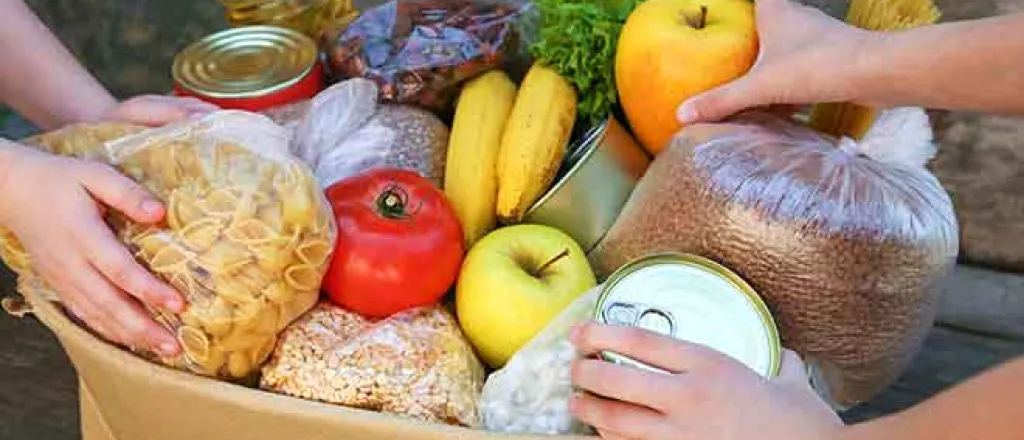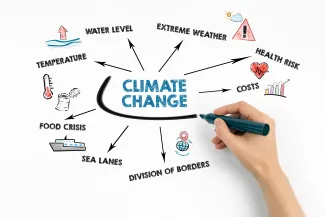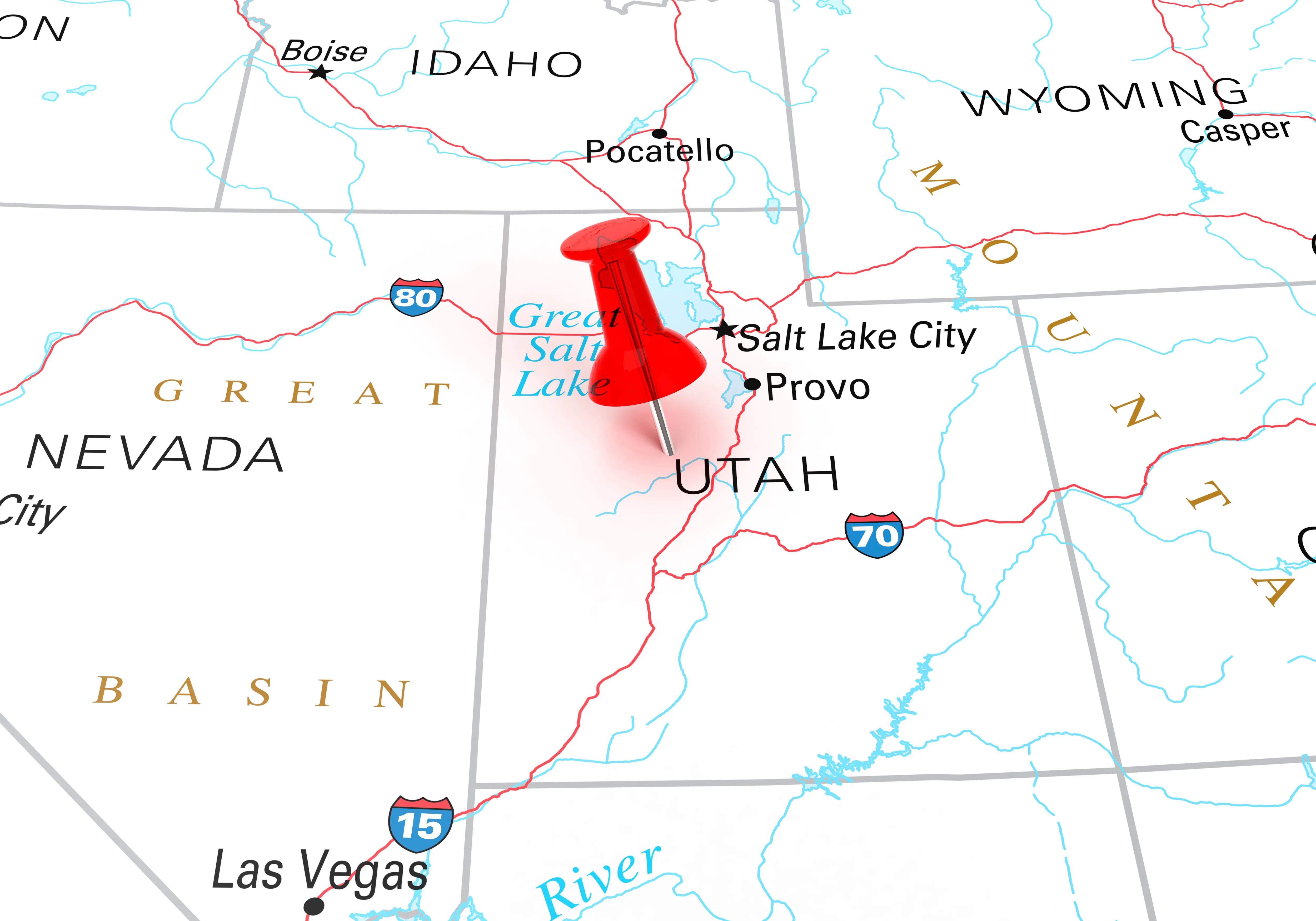
Report: Food banks work to prevent carbon emissions, globally
Click play to listen to this article.
(Oregon News Service) Food banks are helping to significantly decrease carbon emissions, according to a new report.
The Global FoodBanking Network's annual impact report found food banks around the world stopped 1.8 million metric tons of carbon emissions last year by preventing food from going to waste in landfills. The Network includes food banks in more than 50 countries.
Rachael Lucille, network communications specialist for Oregon Food Bank, said food waste is the result of food being both inaccessible and unaffordable.

"When we, as in food banks, work with local growers to intercept perfectly good, edible food before it's thrown out, that helps to mitigate harmful greenhouse gas emissions created by food waste," Lucille explained.
Food waste in landfills is a major source of methane, a potent greenhouse gas capturing heat at a higher rate than carbon dioxide over a 20-year period. About one in eight Oregonians faces food insecurity, meaning they are unsure where their next meal will come from.
Carbon emissions from food waste exacerbate climate change, and the impact from there is circular. Lucille pointed out wildfires across Oregon are affecting food production.
"Extreme weather events caused by climate change disrupt food supply chains that lead to increased and unpredictable pricing of food, increased risk of food deserts for the communities that are already facing food insecurity, and fewer fresh fruits and vegetables," Lucille outlined.
One way to fight food waste is through support of small, local agriculture, which Lucille added their organization does through its community producer support project. They emphasized small farmers help fight climate change.
"It contributes to biodiversity, uses sustainable farming practices and keeps food local," Lucille stressed. "Which reduces fossil fuel emissions related to packaging and transportation of food."
















